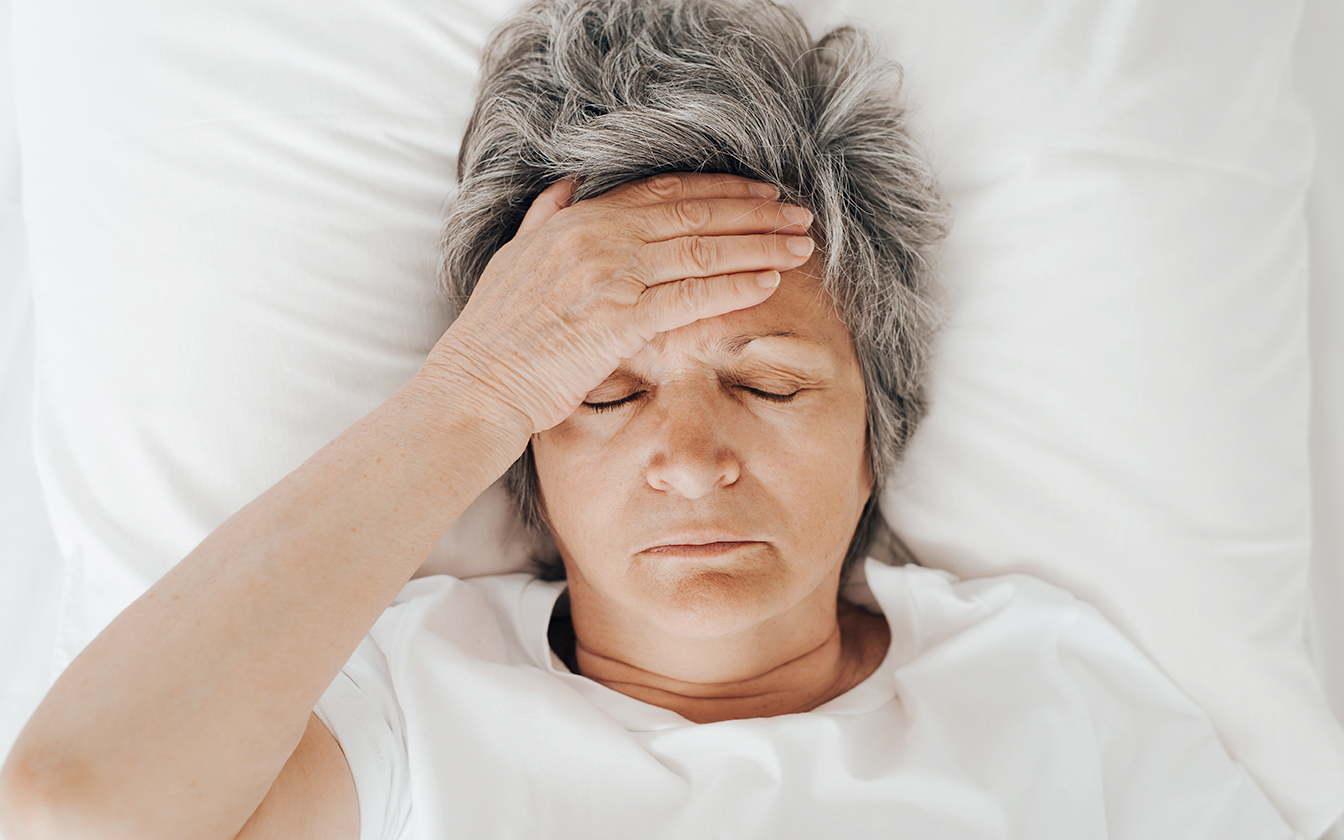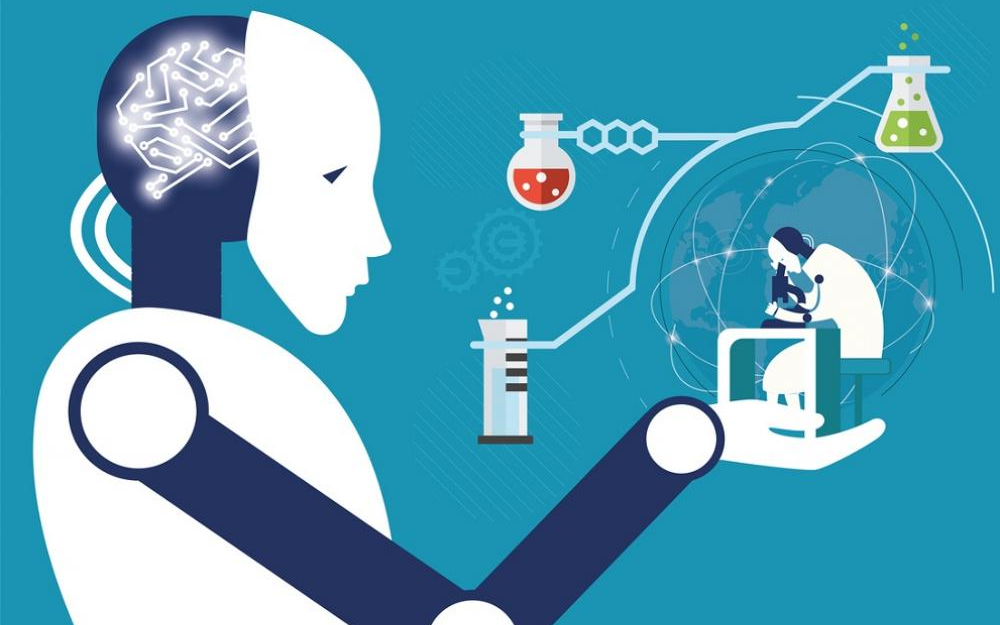Bayer to use Samsung wearable technology to monitor how hot flushes hit sleep during menopause
By Chris Wheal
June 06, 2024

Hot flushes disturb sleep, which is crucial to good health
Hot on the heels of announcing successful trials of its elinzanetant treatment for menopause hot flushes, Bayer has teamed up with wearable technology maker Samsung to monitor sleep disturbances associated with menopause (SDM).
The German headquartered international pharma giant has announced a strategic collaboration with Samsung Electronics America to address data gaps on SDM. The companies will co-develop an observational study to improve the understanding of the burden and impact of SDM using data provided by women through Samsung consumer devices.
Sleepless in Seattle
In an announcement not approved for the US or UK regulated markets, Bayer said sleep disturbances are among the most frequent and disruptive symptoms associated with menopause that can impact women’s health and quality of life.
Up to 60% of women experience sleep disturbances during menopausal transition, including difficulty falling asleep or staying asleep, Bayer claimed. SDM can negatively impact women’s health and quality of life, limiting daily activities, including performance at work. Despite this impact on women’s health, current treatments do not specifically address sleep disturbances associated with menopause.
“By joining forces with Samsung and women using their devices, we strive to expand treatment options to support women at all stages of life,” said Juergen Eckhardt, head of business development and licensing at Bayer's Pharmaceuticals Division.
“With one of the world's largest pools of biomarker data collected with wearable devices, Samsung is a perfect partner to further enhance the knowledge base in women’s health with real-world evidence.”
PharmaLifeScience understands the trial will happen in the US and not the UK or Ireland. Any announcement in the UK would need to meet regulatory requirements.
Menopause symptoms
The three most frequent and disruptive symptoms associated with menopause are
- Vasomotor symptoms (also known as VMS or hot flushes)
- Mood symptoms
- Sleep disturbances
Bayer recently announced positive detailed results from phase III OASIS 1 and 2 studies into its investigational compound elinzanetant. It achieved a statistically significant reduction in frequency and severity of hot flushes (VMS) over 12 weeks compared with placebo.
Bayer reported consistent benefits across both studies in all three key secondary endpoints, with significant reduction in frequency of VMS at week one, improvement in sleep disturbances and menopause related quality of life. The safety profile in both studies was favourable, the company said.
Samsung’s wearable technology
Bayer said its collaboration will leverage Korean Samsung's “strong position in consumer wearable technology and expertise in sensors and devices to capture relevant digital endpoints”.
Samsung makes about one in five (20%) of all smartphones sold worldwide, which is more than Apple. But in the US, where the collaboration will take place, Apple dominates with about three times as many iPhones as Samsung phones.
Apple also dominates the wearable health devices market with 27.5% in Q4 2022, followed by Google with 8% and then Samsung on about 6%. An estimated 40% of the US population use wearable health devices.
Sleep is critical
“We are pleased to be partnering with Bayer to explore the connection between sleep and women’s health,” said Sumanth Munipalli, head of partnerships and business development, digital health and Samsung Electronics America.
“Samsung is building powerful consumer technology to gain meaningful insights into sleeping better. As a foundation of health, good sleep is critical to our overall health and wellbeing across one’s health span.”
Samsung Health’s end-to-end health and wellness platform, which includes its innovative health app and wearables, enables the collection of various biometric data, including temperature, sleep architecture and menstrual cycle.
Women’s health
Bayer claims to be a global leader in women’s healthcare. It provides short- and long-acting birth control methods as well as therapies for menopause management and gynaecological diseases.
By 2030, the global population of women experiencing menopause is projected to increase to 1.2 billion, with 47 million women entering this phase each year. Menopause is a transitional phase in women’s lives, related to the progressive decline of ovarian function. It usually occurs in women during their 40s or early 50s. It can also be the result of surgical or medical treatment such as breast cancer treatment.
Will wearable technology improve healthcare? Tell us what you think.







.png)